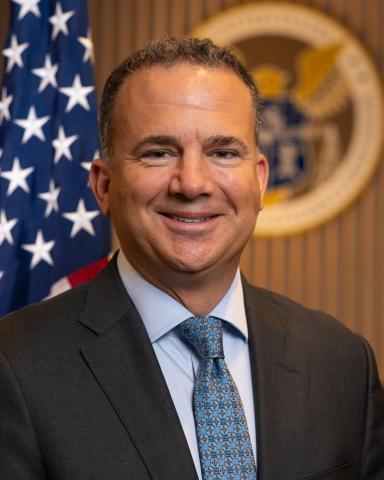
Patrick Webre
Acting Enforcement Bureau Chief
The Federal Communications Commission (FCC or Commission) is a sector-specific rulemaking agency with enforcement authority over the country’s communications networks. Under the Communications Act, the Commission is responsible for both protecting consumers and directly regulating entities responsible for "critical infrastructure" (as defined initially in Presidential Policy Directive-21 and later in the National Security Memorandum on Critical Infrastructure Security and Resilience).
The Enforcement Bureau (EB or Bureau) is the FCC unit primarily responsible for ensuring regulated entities comply with the Communications Act, its implementing regulations, and various licensing terms and conditions. It conducts nonpublic investigations that involve:
- Consumer Protection and National Security;
- Privacy, Data Protection, Cybersecurity, and Supply Chain Integrity;
- Public Safety, Emergency Services, and Harmful Interference;
- Targeting Fraud in Critical FCC-Funded and -Administered Programs; and
- Fair Competition and Equal Opportunities.
EB’s investigations may result in negotiated settlements or enforcement actions that include monetary penalties and injunctive directives.